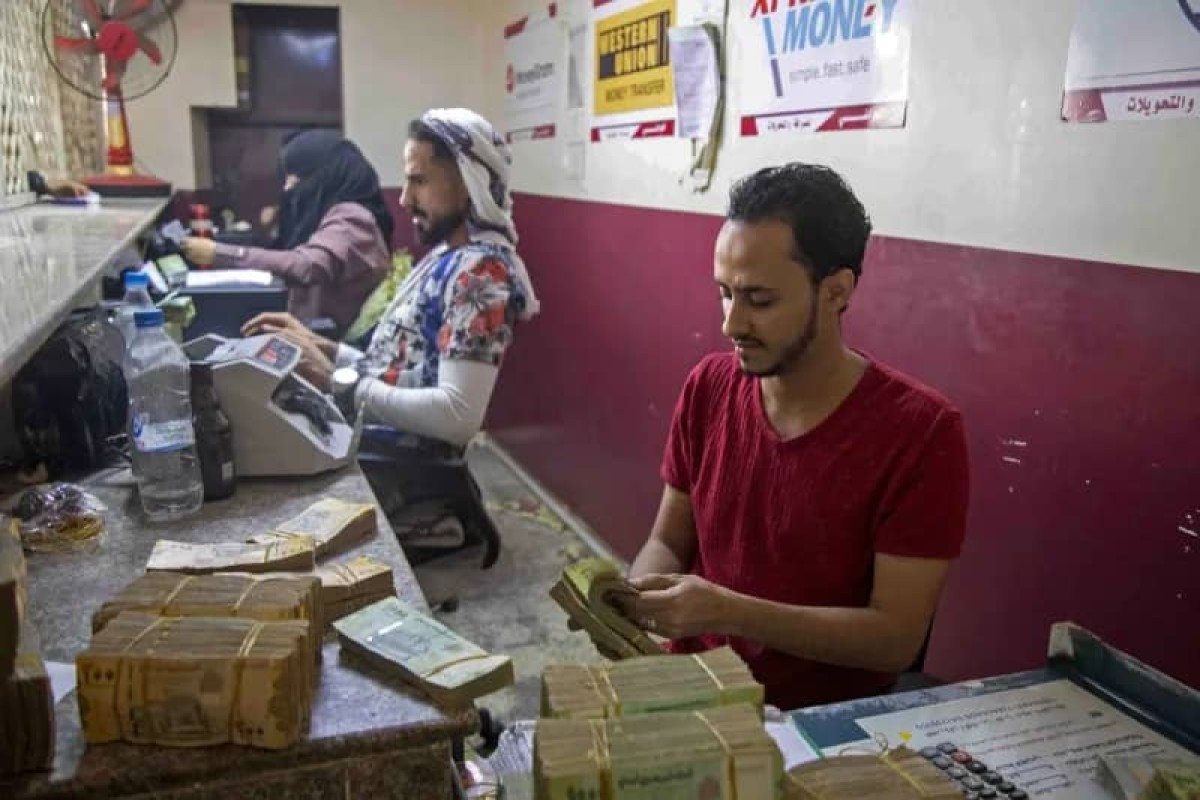A cold banking war...an almost complete cessation of transfers between the legitimate and Houthi areas


Banking sources and citizens confirmed that the money transfer process between the liberated areas and the areas under the control of the Houthi group had almost completely stopped about a week ago.
The sources explained that stopping the money transfer process came in implementation of the decision of the Central Bank in Aden to stop dealing with all local money transfer networks and adopt the unified money network supervised by the bank.
According to official documents, the Undersecretary of the Banking Supervision Sector at the Central Bank in Aden directed all local banks, exchange companies and establishments late last February to stop work in the local money transfer networks affiliated with any exchange companies.
Directed to prevent the implementation of any new transfers or financial transactions through any local remittance network, with the exception of the Unified Network for Money Transfers (UNMONEY), stressing that companies and establishments must liquidate all pending transfers within a period of two weeks.
This was implemented last week, as banks and exchange companies in the liberated areas stopped dealing with local transfer networks and linking transfers to the unified network (UNMONEY).
Banking sources said that this led to an almost complete cessation of money transfer operations from the liberated areas to areas controlled by the Houthi militias, through all exchange companies and facilities except for Al-Kuraimi Microfinance Bank.
The sources add that the management of the Central Bank in Aden sees this step as one of the solutions to stop the deterioration of the local currency by controlling the banking market in the liberated areas, stopping speculation operations carried out in hard currency, and controlling the process of depleting it through transfers to Houthi areas.
This step was responded to by the administration of the Central Bank in Sanaa, affiliated with the Houthi group, by preventing dealing with the Unified Network (UNMONEY), according to a circular issued by the Yemeni Money Exchange Association in Sanaa.
The association said in its circular that the Central Bank in Sanaa directed to stop dealing with the unified network and any banks that do not have licenses from the bank in Sanaa.
Adding that the Central Bank of Sana'a also directed to stop dealing with "Al-Busiri Exchange Company and Al-Qutaybi Exchange Company," which are the largest banks emerging in the recently liberated areas with licenses from the Central Bank in Aden, while the Sana'a Bank is still... He deals with them as exchange companies.
Observers believe that Sana'a Bank's targeting of the two banks is due to their prominent role in establishing and managing the unified network, which is a Yemeni joint stock company that was established more than two years ago and includes "47" exchange companies licensed to operate in Yemen, and under the supervision of the Central Bank of Yemen in Aden.
Deputy Governor of the Central Bank, Shakib Al-Hubaishi, said at the network’s founding ceremony that took place in September 2021 that its aim is to correct the activity of money transfers, to limit illegal speculation in the money exchange market, and to address price distortions of the national currency and large differences in the value of transfers. Cash in the liberated governorates.
He also confirmed that the network would work to limit the illegal transfer process that takes place through local networks and ensure the Central Bank’s oversight of local financial transfers. He then confirmed that the establishment of the unified company would be followed by a decision to cancel all financial transfer networks.
The local currency in the liberated areas is suffering from a significant decline in its value against hard currencies, as the Saudi riyal exchange rate reached 440 riyals and about 1,665 riyals to the US dollar, according to the latest update (Thursday).